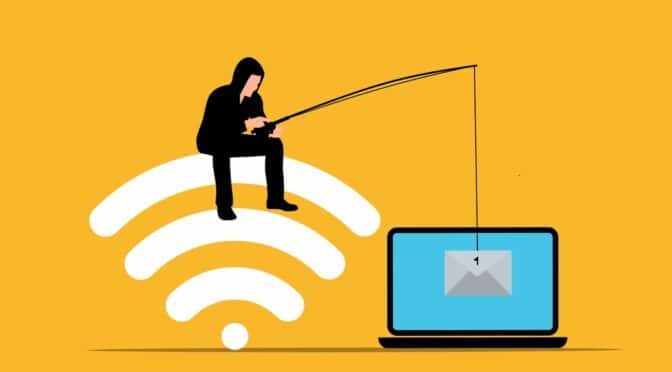If you thought some auto dealers were discriminating against you, you weren’t paranoid. Some rogue car dealers took advantage.
Now Black, Hispanic and other minorities will receive $80 million in refunds for auto loans that cost them more than white consumers.
That announcement comes from Consumer Financial Protection Bureau (CFPB) Director Richard Cordray following a settlement with Ally Financial Inc. and Ally Bank. With an added $18 million in penalties, it is the largest settlement order ever in an auto loan discrimination case.
The Department of Justice (DOJ) joined the CFPB in reaching the settlement with Ally, one of the largest indirect auto lenders in the United States. It is based on loans issued to more than 235,000 African-American, Hispanic, and Asian and Pacific Islanders who bought cars between April 2011 and December 2013.
Auto loans follow only mortgages and student loans as a source of household debt in the United States. The Equal Credit Opportunity Act (ECOA) prohibits discrimination against borrowers based on characteristics including race or national origin.
Ally’s business model sets a risk-based “buy rate” for auto loans, but allows dealers to charge more. The markup goes mostly to dealers, and acts as an incentive for them to charge higher rates regardless of a buyer’s creditworthiness. Ally’s failure to monitor compliance with the ECOA in its loan portfolio brought on the CFPB and DOJ charges.
Part of the settlement requires Ally to monitor future dealer markups to assure that they don’t discriminate. If they do, Ally must continue to pay harmed consumers. Otherwise, Ally must eliminate dealer markups altogether.
In the meantime, the CFPB and DOJ will look at loan data to identify victims, and pass their contact information along to a settlement administrator, paid by Ally, who will issue refunds from the $80 million compensation pool. The two agencies are coordinating on fair lending enforcement under an agreement signed in December 2012.
If you think you’ve been discriminated against when you borrowed money to buy a car, get in touch with the CFP at http://www.consumerfinance.gov/complaint/



